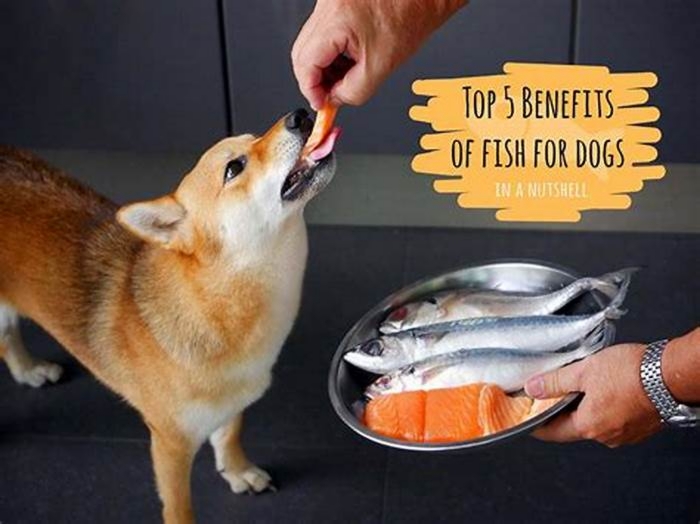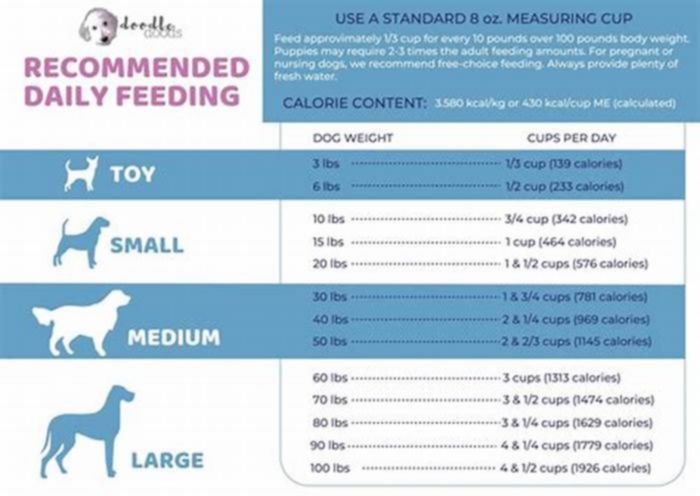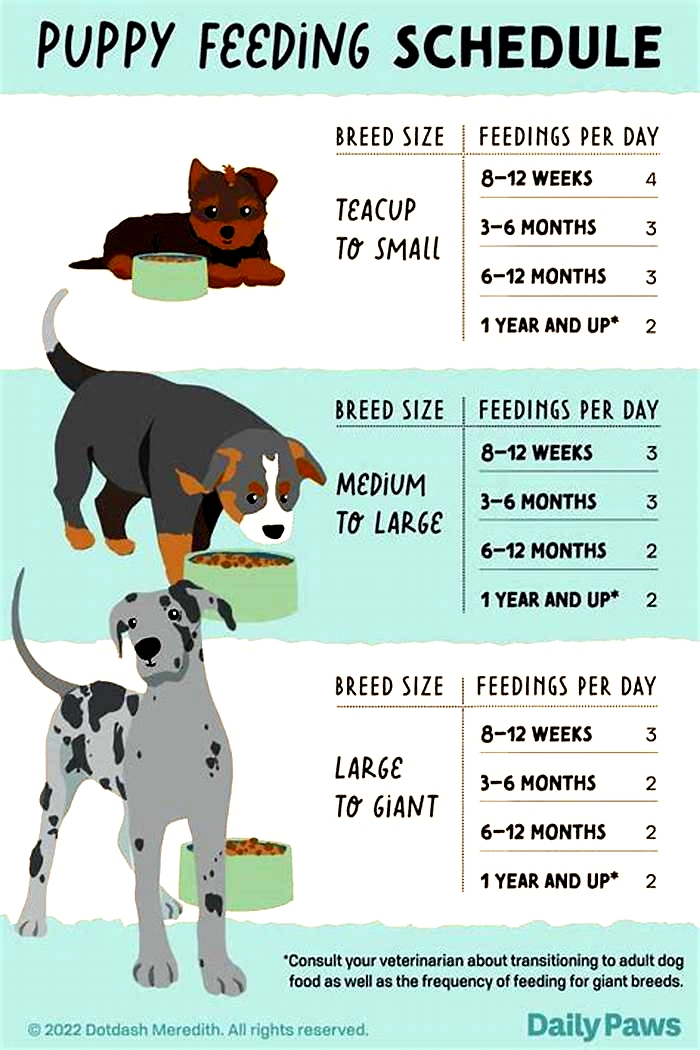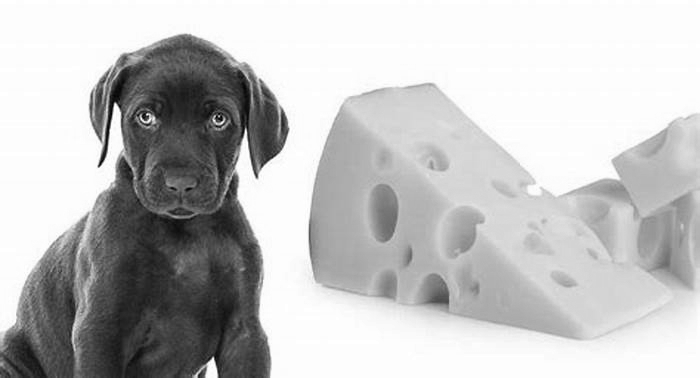What fish is best for dogs

Can Dogs Eat Fish?
If youve ever taken a glimpse at the ingredient panel of your dogs food or examined other brands of dog food in the store, then you know that fish is frequently on the menu. Just because it is an ingredient in dog food, however, does not mean that dogs can safely eat just any old fish we throw their way. If you want to add a fishy treat to your dogs diet, here is what you need to know.
Benefits of Fish for Dogs
Dogs love the smell of fish, and in this case, there is a reason. Fish is a healthy source of protein and is often included in commercial dog food as an alternative protein source. Fish is rich in omega-3 fatty acids, which according to veterinarians may have health benefits such as decreasing inflammation. Fish is also a good alternative for dogs with food allergies to more common ingredients, like chicken.
Fish can be an important part of a home-cooked diet, but if you choose to feed a homemade diet with fish, be sure to consult your veterinarian or a board-certified veterinary nutritionist to make sure you are meeting all of your dogs nutritional needs. The first time you give your dog any fish, give only a small portion until you determine if your dog can tolerate that particular fish without an allergic reaction or gastro-intestinal upset.
Best Types of Fish for Dogs
There are many fish in the sea, but the most common types of fish used in commercial dog food are shorter-lived species like salmon, ocean whitefish, lake whitefish, herring, walleye, flounder, and Arctic char. Longer-lived fish species, like tuna and swordfish on the other hand, can contain heavy metals like mercury. Mercury builds up over time in the fishs system and can lead to heavy metal toxicity, which is why feeding a shorter-lived fish species is preferable to tuna or swordfish. With so many fish to choose from, it is better to be safe than sorry.
Risks of Feeding Fish to Dogs
Fish itself is not harmful to dogs, but the way we prepare it can cause problems. Fish cooked in too much oil can cause GI upset in dogs, or even lead to serious illness such as pancreatitis. Seasonings may also cause serious health problems for dogs, especially if they contain toxic ingredients, like garlic. The biggest risk of feeding fish to dogs, however, is bones.
Can dogs eat fish bones?
Fish bones are small, brittle, and dangerous. They can lodge themselves in your dogs mouth, throat, stomach, and intestines, sometimes even perforating the organ wall. Not only is this painful, it can also result in an expensive visit to the veterinarian. While there are plenty of anecdotal stories about dogs eating fish bones without issues, in this instance, it is better to heed the advice of veterinarians and play it safe.
Can dogs eat raw fish?
Raw fish is at risk of carrying harmful bacteria like salmonella and listeria. This is problematic for two reasons. One, it can make your dog sick, and two, according to the FDA, it can also make you and other members of your family ill. This is especially worrisome for small children, who may come into more contact with your dogs saliva than adults, and for people with compromised immune systems. If you choose to feed a raw diet with fish, make sure you take the appropriate precautions suggested by the FDA for preparing your dogs meals, like thoroughly disinfecting all surfaces and bowls after use, and washing your hands.
How much fish is too much for dogs?
Too much of a good thing can become a problem. Plain, cooked, steamed, or grilled fish is fine for dogs to eat in moderation. Too much fish can lead to obesity, so consult your veterinarian about appropriate serving sizes of fish for your dog, especially if you plan to feed fish as a regular part of her diet.
As humans with varied diets, we tend to forget that dogs that are fed a commercial, complete, and balanced dog food do not need additional nutrition unless recommended by a veterinarian. Table scraps, including fish, are not necessary for your dogs health, but fish can make a good occasional treat for dogs, as long as owners keep an eye on their dogs weight. A general rule of thumb to follow for portion control is to make sure treats only make up 10 percent of your dogs daily diet.
So Can Dogs Eat Fish?
To make a long story short, yes, dogs can eat fish, and fish can be a part of a healthy diet for your dog, provided it is fully cooked without any additional oils and seasonings, does not contain any bones, and is not a species prone to high levels of mercury such as tuna. For more information about dog nutrition or feeding fish to your dog, contact your veterinarian.
For more information on what you should feed your dog, please check out our video below!
Fish For Dogs: What Fish Can and Cant Dogs Eat?
Are you thinking of a different diet for your dogs? Or want fresh ideas for a homemade diet. Maybe you are wondering can dogs eat Fish or raw Fish? Or is it terrible for our dogs? And maybe what Fish can and can't dogs eat?
Below, we'll tackle all of your queries. We all want what's best for our dogs. We should know what the health benefits our dogs can get from eating Fish are.
There are some fish that we have to look out for. There are Fish that the Food and Drug Administration (FDA) doesn't recommend.

Can Dogs Eat Fish?
So can dogs eat Fish? Well, yes, but it all depends on what Fish you're planning to give your dog.
Fish can be a great addition to your dog's healthy diet. For instance, Salmon is an excellent source of omega three fatty acids that can help maintain the dog's coat and skin health.
Moreover, make sure that the fish is fully cooked without any additional oils or seasonings that can be harmful to dogs.
It is still best advised to consult with your vet regarding their nutrition.
Health Benefits of Fish
One of the main benefits of Fish is that dogs love the smell and taste of Fish. As stated above, Fish can be a source of omega-3 fatty acids. Vets say that this can help to decrease inflammation in your dogs.
Fish can also be a great dog food alternative to dogs that are allergic or have a digestion problem to common meats like chicken or beef.
If you're still not sure about adding Fish to your dog's diet, consult with a veterinary nutritionist. They can help guide you on meeting all of your dog's nutritional needs.
Best Kinds of Fish for Dogs
In choosing the best type of Fish, finding the smaller, younger, or wild-caught ones is the safer choice.
There is plenty of fish in the sea. It will be difficult for us to speak about each one. But for a quick reference, here's a list of common fish that are safe for our dogs.
Safe Fish for Dogs
Salmon
As stated above, Salmon is a good source of omega-3 fatty acids to help reduce inflammation in the dog's body. Other than that, Salmon also have Vitamin B12 and selenium.
However, please do not feed your dog smoked Salmon or farmed Salmon as it may contain chemicals. The best Salmon is a wild salmon.
Shrimp
Shrimps are low in fat, calories, and carbohydrates, making them a good fit for a dog's diet. It also contains vitamin B12, niacin, phosphorus, and anti-oxidants.
But one downside from this is that shrimps are high in cholesterol. Meaning it can result in unhealthy levels of cholesterol on the diet.
White Fish
One of the benefits of feeding Whitefish to dogs is that dogs can easily digest Whitefish. Whitefish like cod and haddock are excellent sources of B Vitamins and protein.
Atlantic Mackerel
Mackerel is safe for dogs, but not all kinds of it. Mackerel doesn't harm the digestive system. Likewise, it can serve as a source of protein, and the oil found in the flesh can be nutritious to dogs.Unlike King Mackerel,
Atlantic mackerel is low in mercury, which makes it a safe type of mackerel.
Sardines
Sardines are not a threat when it comes to toxicity since it contains minimal amounts of mercury. It also contains omega-3s, vitamins D and B12, and amino acids.
Sardines can be great for the dog's skin and coat health, mobility, and heart health.

Fish that are Unsafe for Dogs
Above we've tackled Fish that are safe for dogs, but now, let's talk about those that can be harmful to our pups.
So what are the reasons why certain fish are harmful to dogs? The first reason would be the high mercury levels.
Here are a few symptoms of mercury poisoning in dogs:
- Anxiety
- Loss of Coordination
- Tremors
- Vomiting of Blood
- Watery or Bloody Diarrhea
- Hair Loss
- Inability to Urinate
- Abdominal swelling
Another reason why Fish can be harmful to dogs because in some cases, Fish can contain parasites and contaminations. As the dog owner, you have the control always properly to cook the Fish before giving it to your dogs.
You can easily kill parasites inside the Fish through heat. This is why it is better to feed your dogs cooked Fish rather than raw Fish.
In choosing a fish,
avoid the ones that are larger or older. These Fish typically have high mercury levels in their tissues. Not only that, they can often have parasites not just in their skin but also in their internal organs.
Furthermore, farm fish are also a no-no. Farm fish can have a high potential for dangerous residual antibiotic levels, dyes, and other toxins in their skin or muscles.
Here are types of Fish that we think you should avoid giving to dogs:
- Tuna
- King Mackerel
- Shark
- Tilefish
- Swordfish
Frequently Asked Questions
Can Dogs Eat Raw Fish?
Raw Fish can be a carrier of bacteria that can make your dog sick. Even small kids can be in danger in these situation,s especially bacteria like salmonella and listeria.
However, you can still feed your dogs a raw fish diet, but it is best advised to follow all the FDA's guidelines and it would be better if you can consult with a veterinary nutritionist.
Can Dogs Eat Fish Bones?
No! Fishbones are brittle and dangerous like toothpicks. They can be stuck to the dog's mouth or stomach, stomach, and even in the intestines. Not only will this be a problem, but this is also a painful experience for your dogs.
If ever your dog accidentally eats a fishbone, make sure to monitor them, or better yet, contact your vet.
What Are The Risks of Giving Fish to Dogs?
Generally, fish are safe for dogs. The only thing that complicates things is the preparation.
For instance, too much oil can upset the dog's stomach or in some cases can lead to pancreatitis. But not just fat, seasoning can also be a risk when preparing Fish.
An example of these toxic seasoning or ingredients is garlic and onion.

What Fish Can and Can't Dogs Eat Summary
If you're looking for a new diet for your dogs, adding Fish or giving them a fish diet can help you. Is Fish terrible for dogs? It all depends on the Fish and how will you prepare them.
So we've tackled can dogs eat Fish, what Fish can and can't dogs eat, and can dog eat raw Fish.
As a pet owner, you have to research or consult with your vet on the best possible fish to give to your dogs. A few examples of these are Salmon, shrimp, and Whitefish.
On the other hand, Fish that you have to avoid are the ones that are larger and older as it has a higher chance of having bacterias.
Choosing the right Fish is not the only thing you need to decide. Take into consideration how you will be preparing the Fish.
Make sure that the ingredients or seasoning will not be toxic to your dogs. We still recommend consulting with your vet or a veterinary nutritionist.









